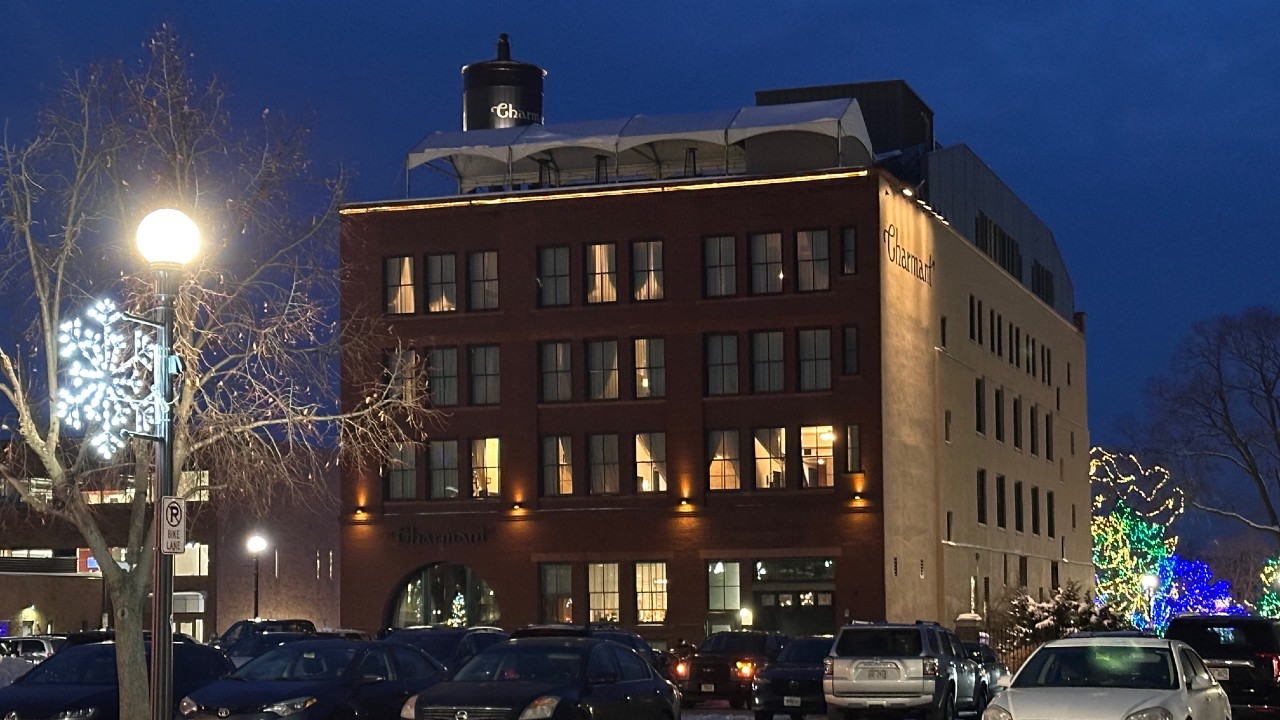T
he Federal Reserve's decision to raise interest rates over the past two years exacerbated San Francisco's commercial real estate downturn by making borrowing expensive and impractical. However, last week's announcement that the Fed will lower its benchmark rate by half a point, the first significant cut since March 2020, may finally bring some relief. At least two more cuts are expected by year-end.
High interest rates have been a major obstacle to San Francisco's real estate projects, but the decrease in rates could be a turning point. According to Robert Slatt of Gantry, a commercial mortgage lender, a $10 million construction loan would see an immediate savings of at least $50,000 due to the rate cuts, potentially doubling if another half-point cut is made by year-end.
However, these savings amount to less than 1% of overall project costs, which are dominated by "hard costs" such as labor and materials. City officials have tried to lower building costs through various measures, but these efforts have yet to spark significant development activity.
The commercial real estate market had already begun pricing in the interest rate cut before the Fed's announcement, according to Slatt. Developers are waiting for the November elections to gauge where local and national elected officials stand on tax and zoning issues before making moves.
A key benefit of the rate decrease is creating a "psychological" momentum that translates to more lenient negotiations around loans and refinancing, said Jay Hawkins of PNC Bank's San Francisco office. However, financing commercial building purchases through traditional bank loans remains nearly impossible.
The rate cut may give buyers more conviction and ability to lean into their positive projections, but it will take time for the effects to be felt. Ted Egan, the city's chief economist, projects a sluggish 2025, but expects construction to see positive effects in the medium term, likely by 2026 and beyond.












